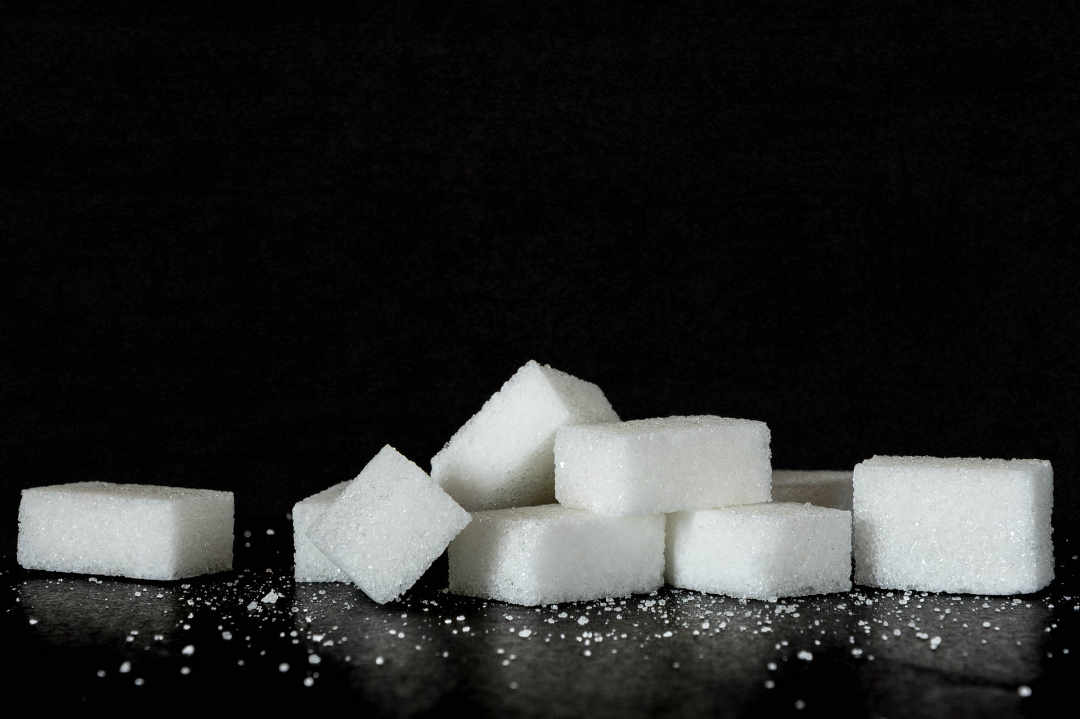Is Sugar Withdrawal Real? And How to Beat It
Is Sugar Withdrawal Real? Signs of Sugar Withdrawal and How to Beat the Addiction

After decades of blaming dietary fats for poor health and weight gain, the truth has finally come out: sugar is indeed our worst enemy, not fat. Not only is sugar high in calories and deplete of any nutrients whatsoever, studies show that eating a lot of sugar is linked to long-term complications such as a higher body mass, as well as chronic diseases such as diabetes and heart disease. In the short-term, sugar is also linked to brain fog, fatigue, and depression.
Given the negative effects of sugar, you may be ready to ditch it immediately. However, another problem is the addictiveness of sugar and its ability to cause withdrawal symptoms once you've quit. You've likely wondered: is sugar withdrawal is real. The answer is yes, and here's how to identify the symptoms and overcome them.
Is sugar withdrawal real.
Sugar withdrawal is possible, especially if you cut out sugar from your diet cold-turkey. Despite its negative effects on your body, your brain loves sugar, similar to other substances such as illicit drugs. When you consume sugar, your brain releases dopamine, which in turn makes you want to go back for more.
Once you stop feeding into your sugar addiction, your brain halts this feel-good dopamine production. In turn, you start feeling terrible. You also become more tolerant to sugar over time, making those "sweet-tooth" cravings perhaps more powerful than they were before. If you find yourself "craving something sweet" after dinner, for example, you could have a form of sugar addiction.
Side effects of a sugar withdrawal
Withdrawing from sugar can create similar side effects as withdrawing from other addictive substances, such as nicotine, drugs, and alcohol. If you quit sugar cold-turkey, you might experience the following:
- Irritability
- Dizziness
- Anxiety
- Depression
- Fatigue
- Heightened cravings
It's important to note that these side effects are temporary as both your brain and body adapt to the absence of sugar. The key is to not give into your cravings, otherwise you'll start the vicious cycle all over again.
According to Dr. Mark Hyman at the Cleveland Clinic, it can take ten days to break your addiction to sugar, as well as the subsequent withdrawal symptoms. However, this timeframe is based on removing sugar from your diet entirely. If you decide to gradually move away from sugar consumption, then the time it takes for your body to get over withdrawal symptoms can be a bit longer.
How to beat your sugar withdrawal symptoms
Since sugar is a highly addictive substance, you may start feeling the negative effects if you start eating it again. While Dr. Hyman recommends a complete detox, you can still cut down on the amount of sugar you consume as well as any subsequent side effects if you don't want to quit cold turkey.
Whichever method you choose to get rid of sugar from your life, you need to prepare for the inevitable withdrawal symptoms. Some recommended approaches include:
- Getting around eight hours of sleep per night
- Drinking lots of water throughout the day
- Including non-starchy veggies, lean proteins, and healthy fats at each meal
- Stress management to keep cravings at bay
- Regular exercise (this will also keep your mind off sugar, too)
Sugar withdrawal symptoms are real, but these are a normal part of the process of getting rid of sugar from your diet. The key is to remember that such side effects will pass in time, and the end results will be well worth it.
References:
https://sites.udel.edu/chs-udfoodlab/2017/06/09/debunking-the-low-fat-diet/
https://health.clevelandclinic.org/break-your-sugar-addiction-in-10-days-infographic/




